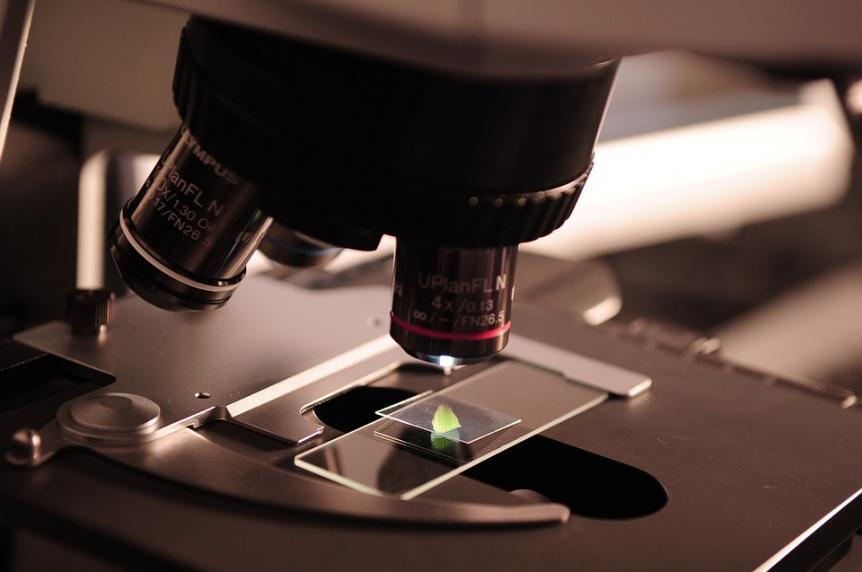With Japan struggling with limited testing capacity for the coronavirus, companies are coming to the rescue with test kits that significantly reduce the time needed to deliver a result.
Textile maker Kurabo Industries has developed a blood test that detects antibodies produced by an infection. The test, which takes 10 to 15 minutes, is already in use in Germany and Singapore as a preliminary assessment.
COVID-19 is usually screened by testing genetic material taken by samples swabbed from a patient's nose or throat. But this method takes four to six hours to produce a result, creating a substantial time lag if employed on all suspected cases.
Kurabo's test can rule out those who test negative for the antibodies, taking the pressure off medical examiners. Those testing positive will still undergo the more accurate genetic test to confirm the presence of coronavirus.
In mid-March, Kurabo started selling testing kits, developed by a partnering Chinese reagent firm, to medical facilities. Kurabo says it can supply enough to test 10,000 patients a day.
Tokyo-based chemical maker Denka started developing a similar antibody test kit in February. The company plans to enter mass production within a year.
Other researchers are working to shorten the time needed for widely used polymerase chain reaction, or PCR, tests. Kyorin Pharmaceutical, working with Japan's National Institute of Advanced Industrial Science and Technology, developed PCR testing equipment that can detect the virus in about 15 minutes.
Government officials are also becoming speedier in approving the tests. The health ministry on Friday authorized the sale of a PCR kit developed by Kobe-based Sysmex, shortening to 17 days what is normally a six-month process.
To quickly expand the capacity to test for coronavirus, the government will cover PCR testing kits under the national health insurance system even if state approval for manufacturing and marketing is pending.
Despite the faster approvals, the estimated lag time until the test kits are distributed is still lengthy. Clinical technicians must wear protective gear to handle testing, but such equipment, too, is also in short supply.

